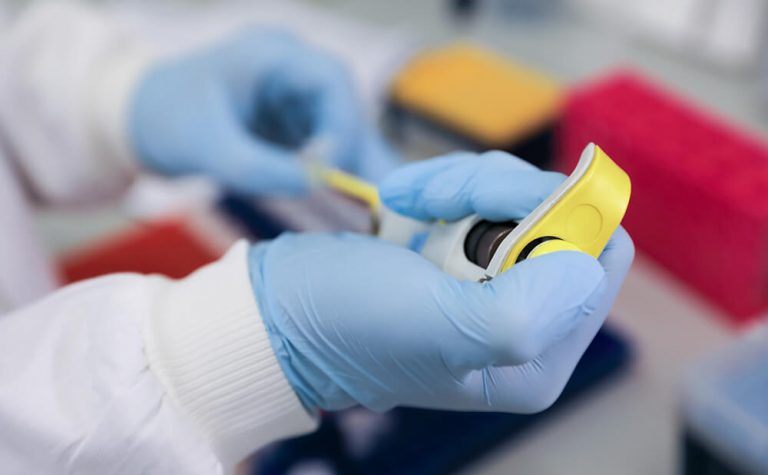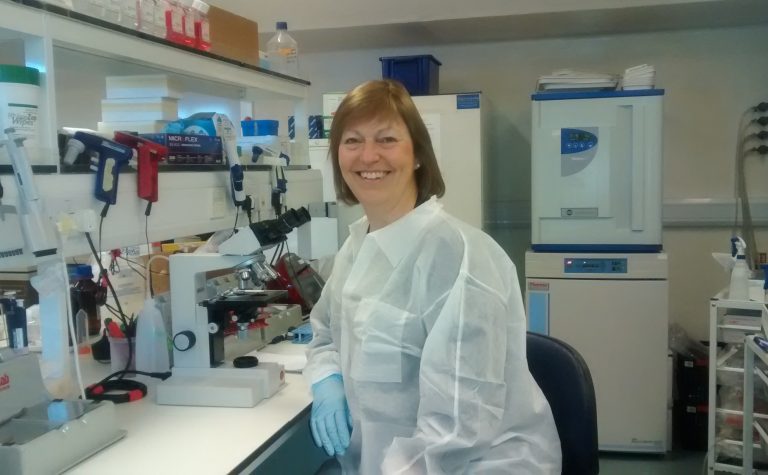Project Details
Project Title
Assessment of potential health impacts from transplacental exposure to carcinogenic air pollutants.
Lead Researcher
Professor Dudley Shallcross
Research Centre
University of Bristol
City & Institution Postcode
Bristol, United Kingdom, BS8 1TS
Start Date
1 November 2019
Duration
36 months
Grant Amount
£349,833




